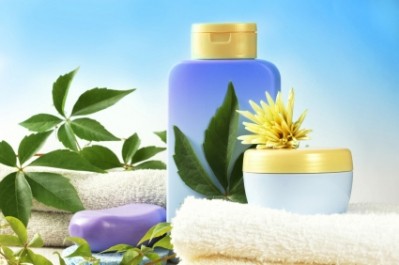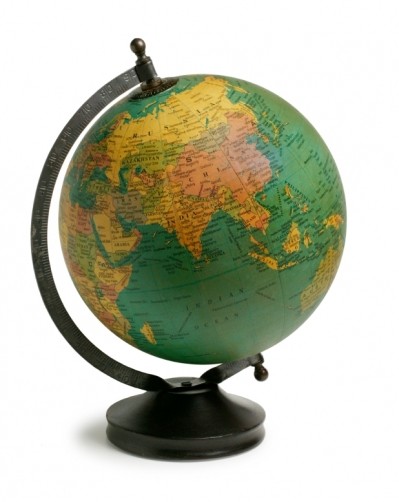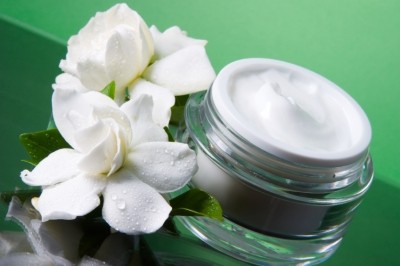Opportunity knocks for natural and organic halal cosmetics
The market researcher states that global sales of Halal-certified cosmetics and personal care products are estimated at over $5bn. The highest adoption rates are in countries like Malaysia and Indonesia, although certification is catching on in North America and Europe.
Multinationals such as Avon and Colgate-Palmolive have launched certified products in Muslim countries, says Organic Monitor, and chemical players such as CP Kelco and BASF are getting ingredients certified for these markets.
Potential for natural and organic Halal products
Organic Monitor notes that there is a clear gap in the market for Halal products with natural/organic certification in the Middle East and Asia, where in many of these countries, the market for natural and organic cosmetics is witnessing annual growth of above 20 percent.
UK-based Saaf Pure Skincare is an example of a company manufacturing products that feature both Halal and organic certification, although at present, very few natural & organic cosmetics are certified Halal according to Organic Monitor president Amarjit Sahota.
“The reason is that most of these products are produced in Western countries where Muslims comprise a small section of the population,” he told CosmeticsDesign-Europe.com.
“However, we are seeing some developments in Asia and the Middle-East where local brands of natural & organic cosmetics are emerging. Hardly any however, have gone for double certification i.e. halal as well as natural/organic,” he added.
Challenges in formulating for more than two standards
Organic Monitor highlights that there are challenges associated with formulating cosmetics that are both Halal and natural/organic certified. There are some important differences in the standards, explained Sahota, with the challenge lying in combining the two sets of standards.
The Halal cosmetics standard has restrictions on packaging, tools and utensils and the manufacturing facility, he said, while natural and organic cosmetics standards are largely based on ingredients and processes.
“For instance, natural & organic cosmetics cannot have potentially harmful synthetic chemicals like parabens, phthalates, SLS, etc,” Sahota explained, whereas “the halal cosmetics standard allows such ingredients, but forbids gelatine, collagen and other livestock ingredients not from a halal source.”
The potential of Halal cosmetics will be explored at the Asia-Pacific edition of the Sustainable Cosmetics Summit, taking place in Hong Kong on 12-13 November.









